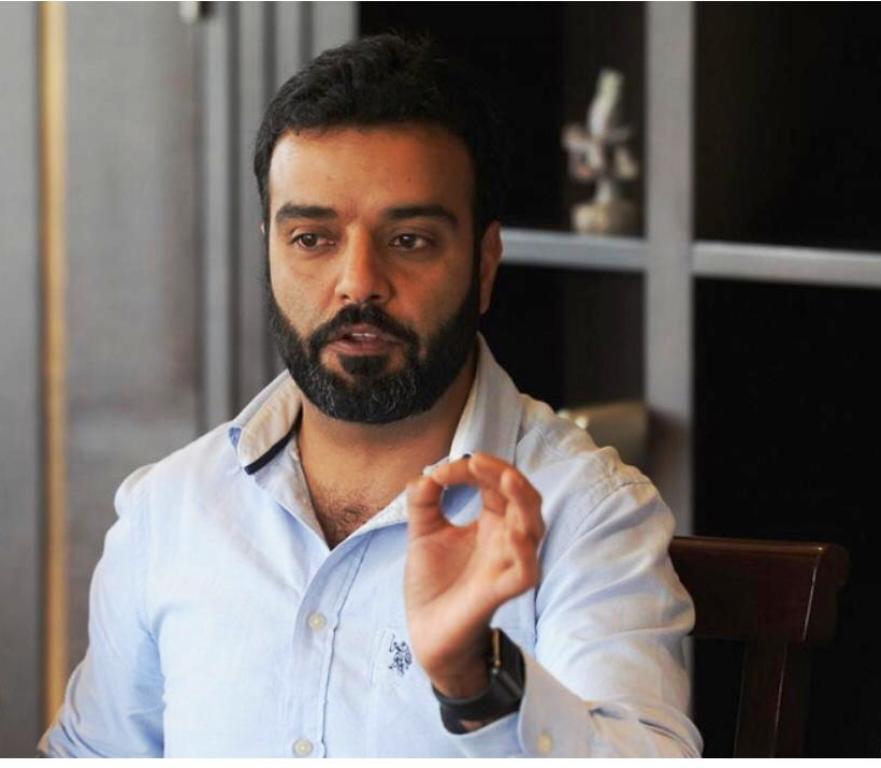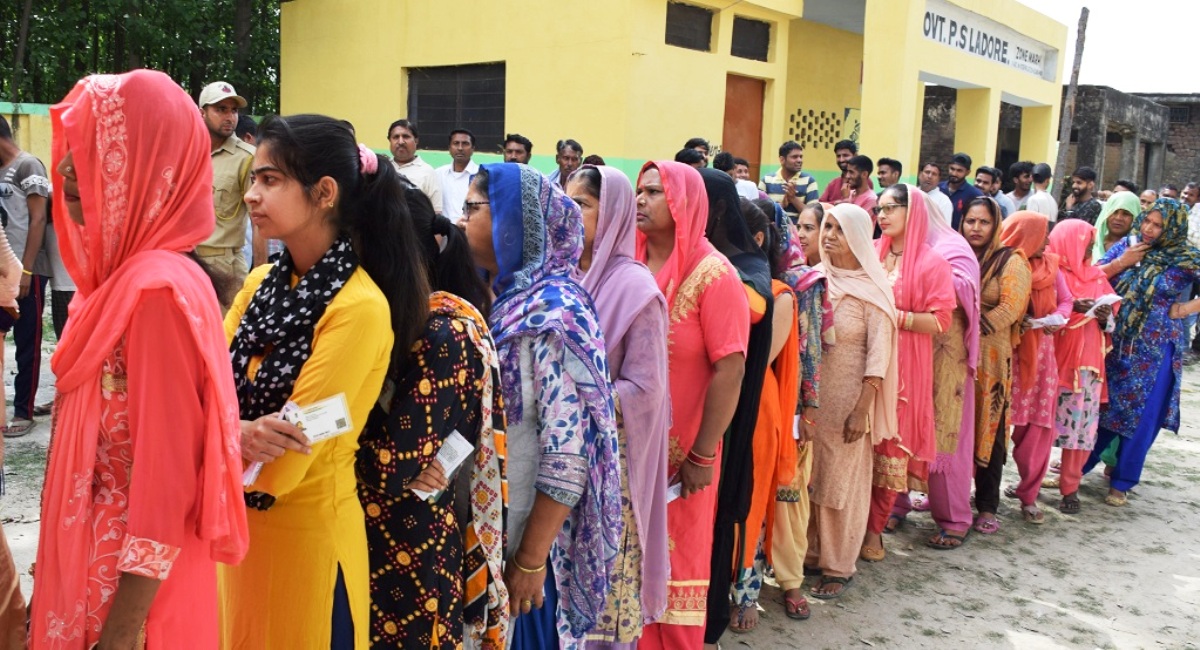SRINAGAR: A juvenile justice board has given bail to a fifteen-year-old boy from Bumhama Kupwara who was booked under the Unlawful Activities (Prevention) Act, noting that his alleged offences cannot be called “heinous”.
Zahoor Dar, the 15-year-old resident of Bumhama village of Kupwara district, was arrested on May 29 under the Unlawful Activities (Prevention) Act (UAPA) for allegedly raising anti-national slogans during the funeral of a man identified as Mohammad Amin Dar who had died in a road accident on May 28.
Quoting the order issued by the Kupwara juvenile justice board The Wire reported that the offences for which the minor has been booked – even though allegedly serious ones – are not heinous.
“Principle of presumption of innocence states that any child shall be presumed to be innocent of any malafides or criminal intent up to the stage of 18 years. Also the punishment for the offences alleged to have been committed by the child in conflict with the law have a maximum punishment of 7 years, so the offences cannot be called heinous offences,” the report quoted the juvenile justice board’s order as saying.
Citing Rule 8 of the Juvenile Justice Act, 2015, the juvenile justice board members Muhammad Rafi Shah and Ruqia Hassan said that a child should be apprehended for conflict with law only in the case of heinous offences.
“In the present case, the child in conflict with law is alleged to have committed offences which are of serious nature and thus according to this provision child in conflict with law cannot be apprehended unless special reasons exist,” the juvenile justice board said, according to report.
According to the board, no FIR can be registered against a child in conflict with the law even in cases of serious nature, but only in case of heinous offences. “In cases other than heinous offences, only [a] report in the “General Dairy” is to be recorded,” it said.
The board further said that bail can be denied to a child in conflict with law only when there are reasonable grounds that release of such a child may expose the child to physical or psychological danger or the child’s release would defeat the ends of justice.
It said that as per guidelines approved for the functioning of juvenile justice boards vis-à-vis children in conflict with law, a child shall be placed in institutional care as a step of last resort after inquiry.
The juvenile justice board added that the principle of repatriation and restoration says that “every child in the juvenile justice system shall have the right to be reunited with his family at the earliest and to be restored to the same socio-economic and cultural status that he was in, before coming within the purview of this Act, unless such restoration and repatriation is not in his best interest”.
“The child in conflict with law is also having biological family, without any fractured or broken family. Therefore, the family of the child in conflict with law is well to receive the child in conflict with law if released on bail and the child in conflict with law who is presently in observation home Srinagar from 1st June 2021 cannot be put for further time in the observation home as all the possible measures have to mobilised for rehabilitation, one after another,” The Wire quoted the Board as having said, adding that placing the child in conflict with law in the observation home Srinagar is a “part of rehabilitation and cannot be considered a sort of punishment.”















